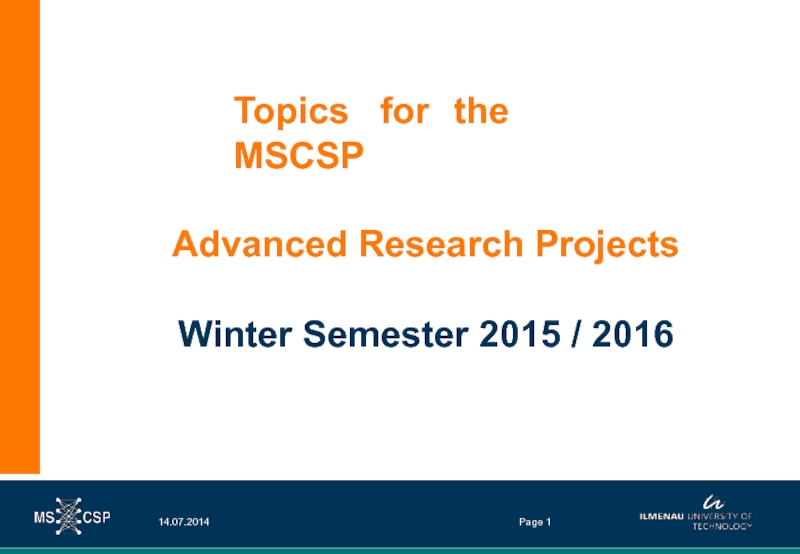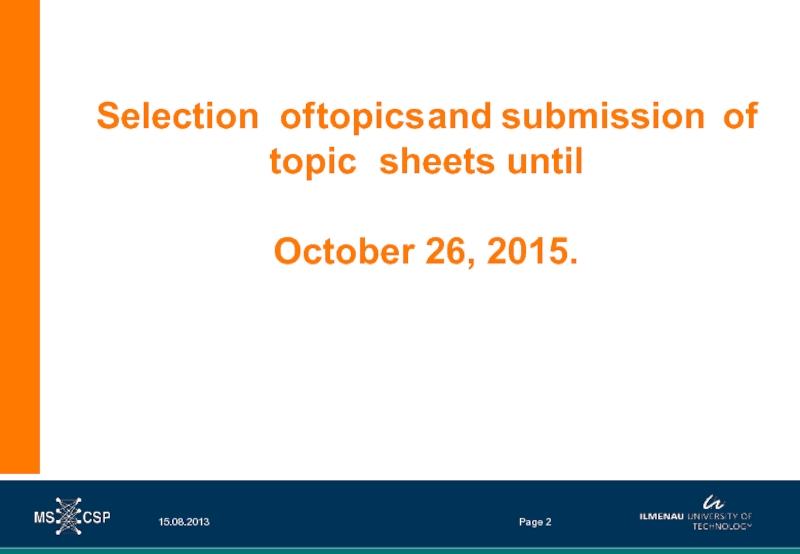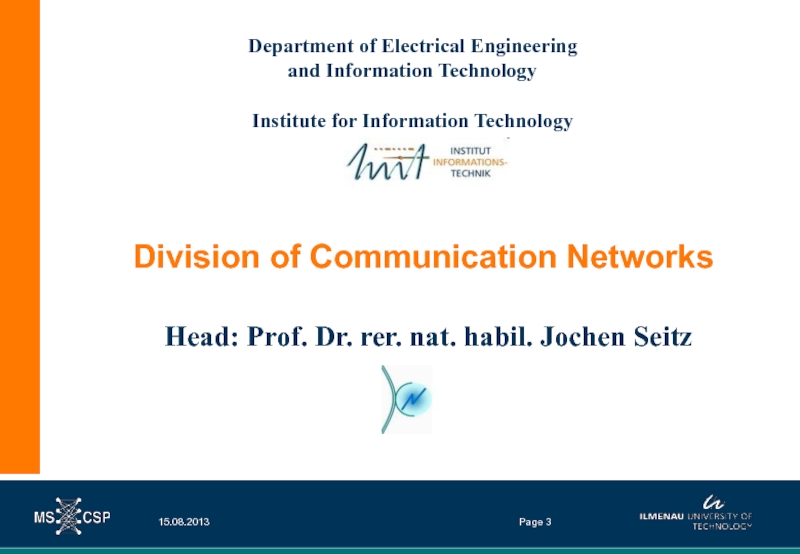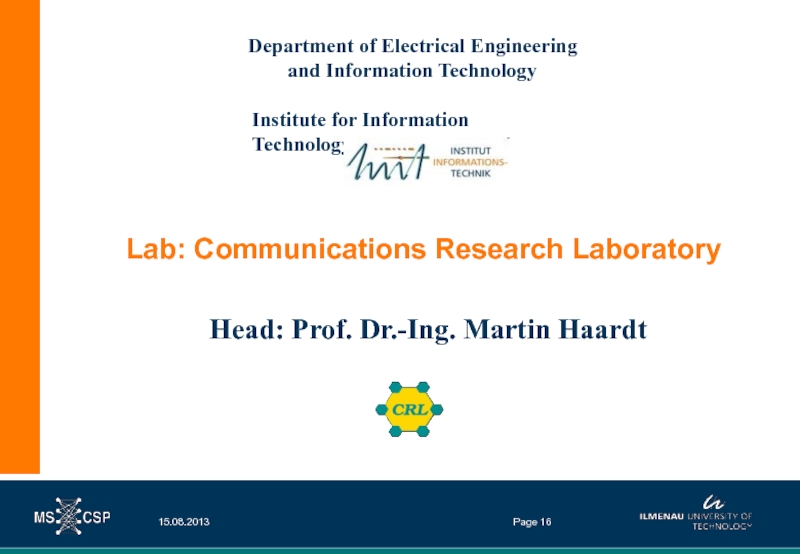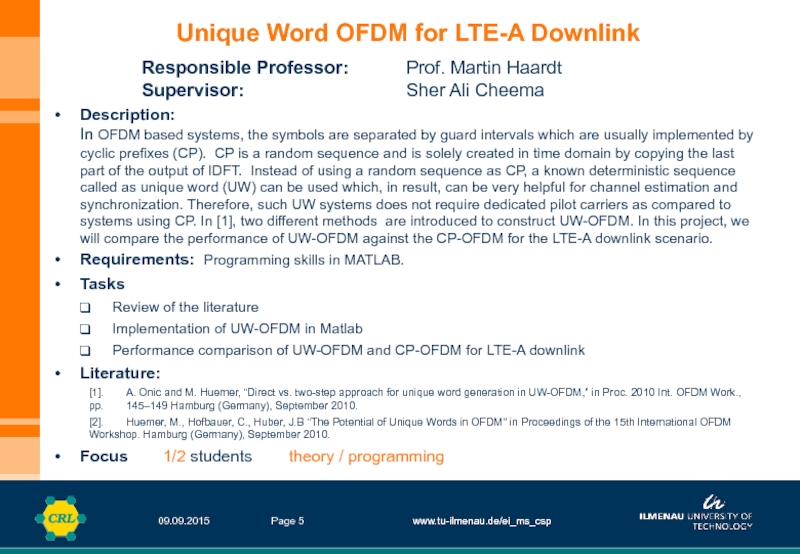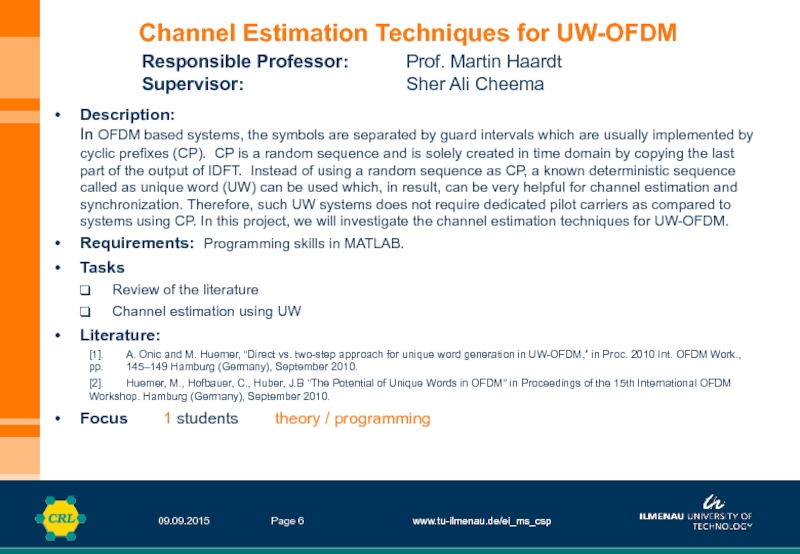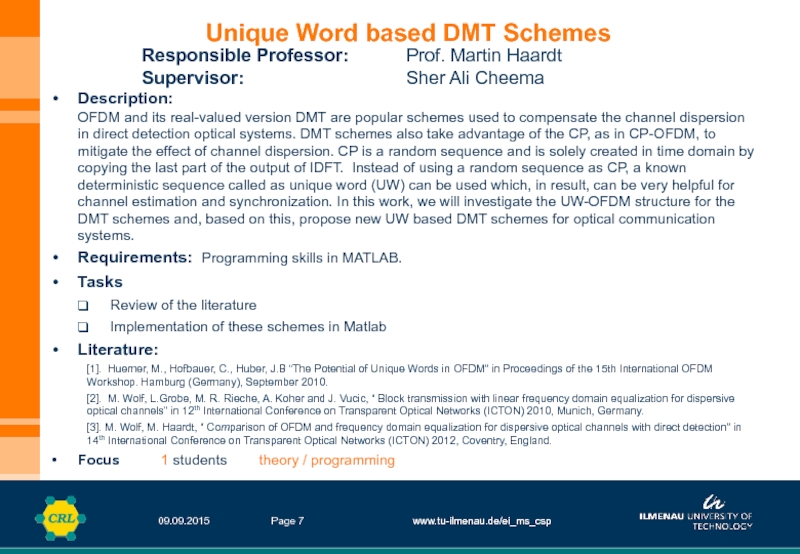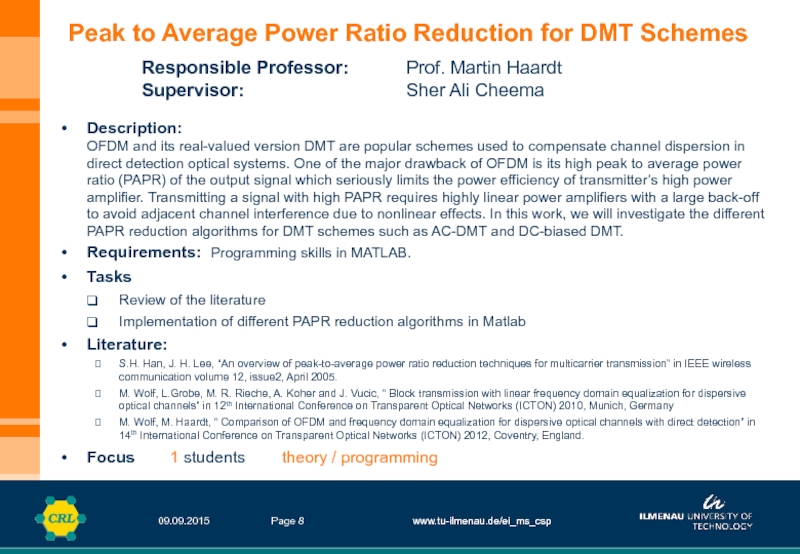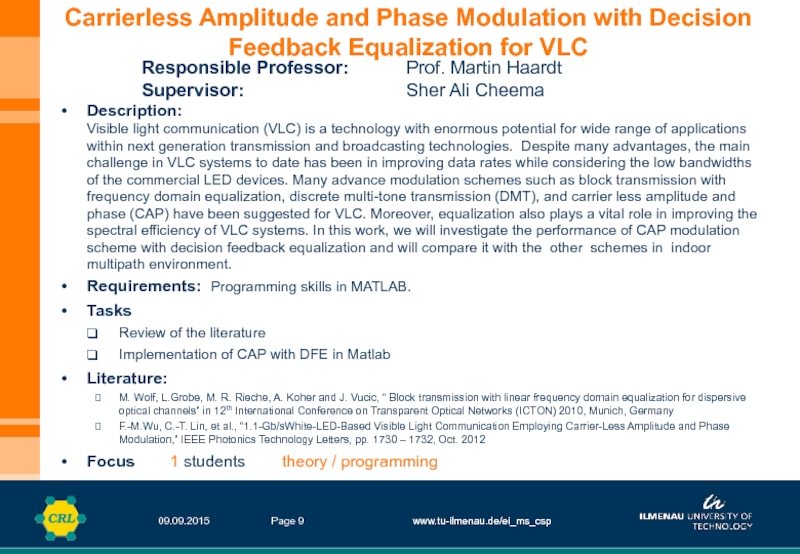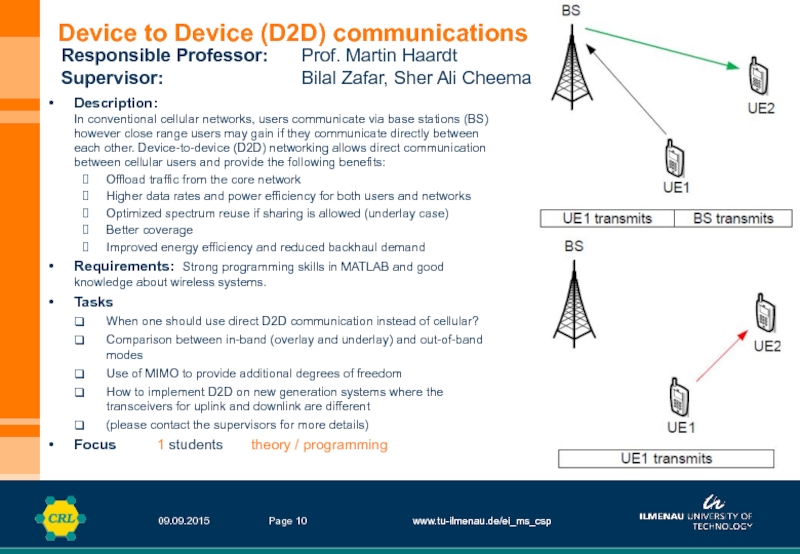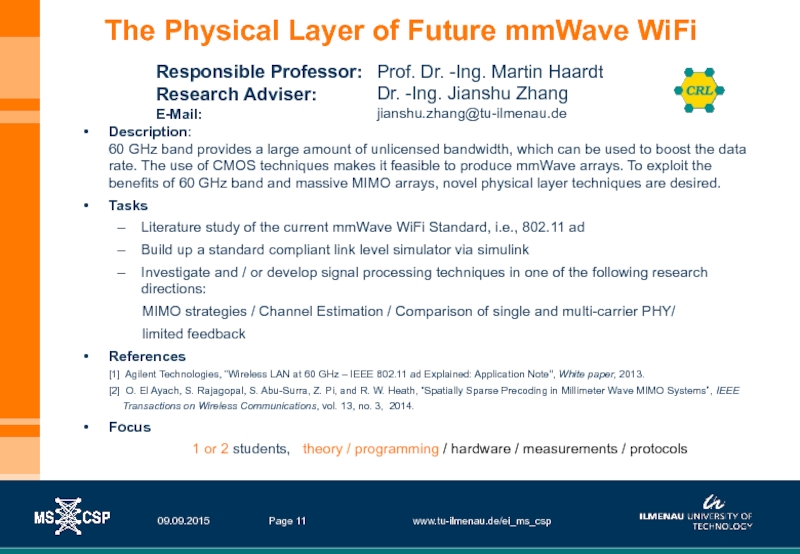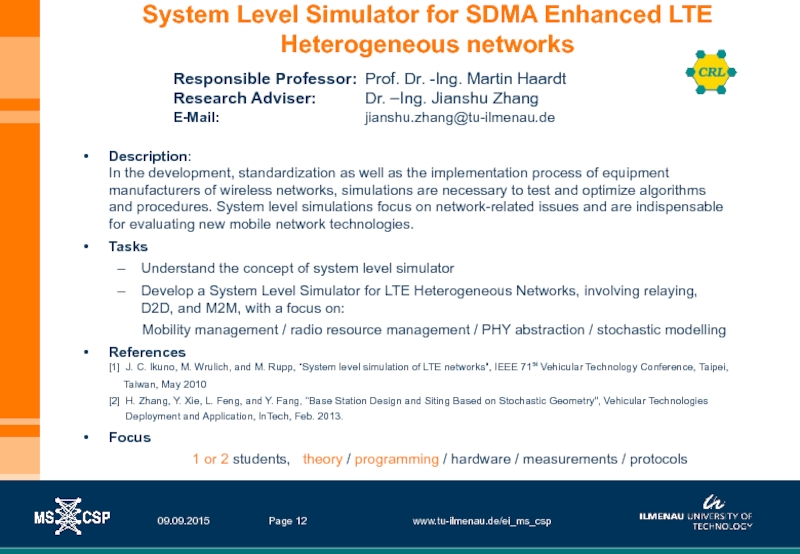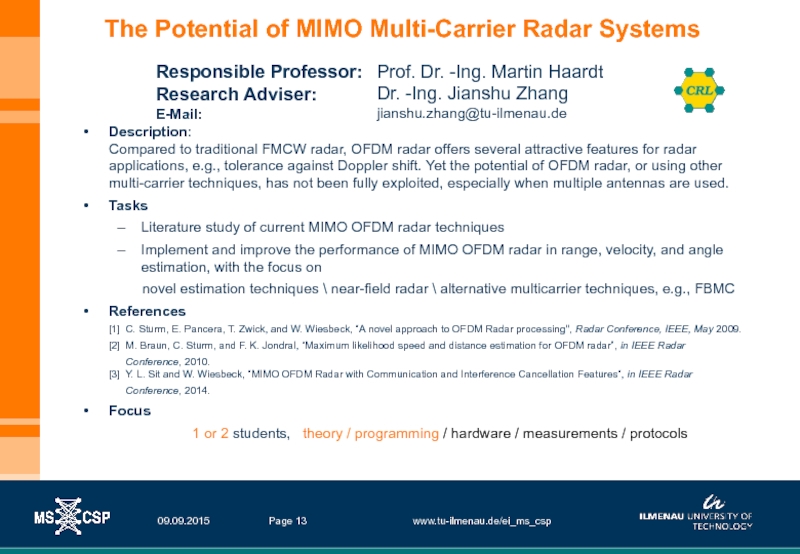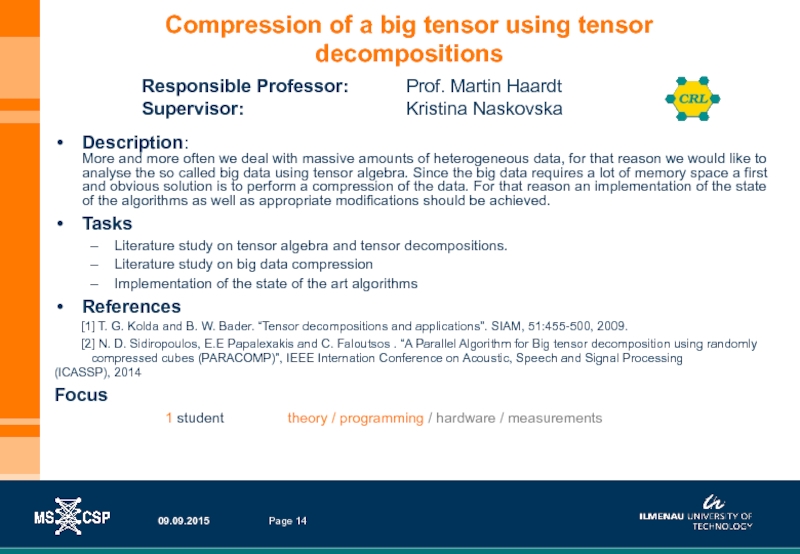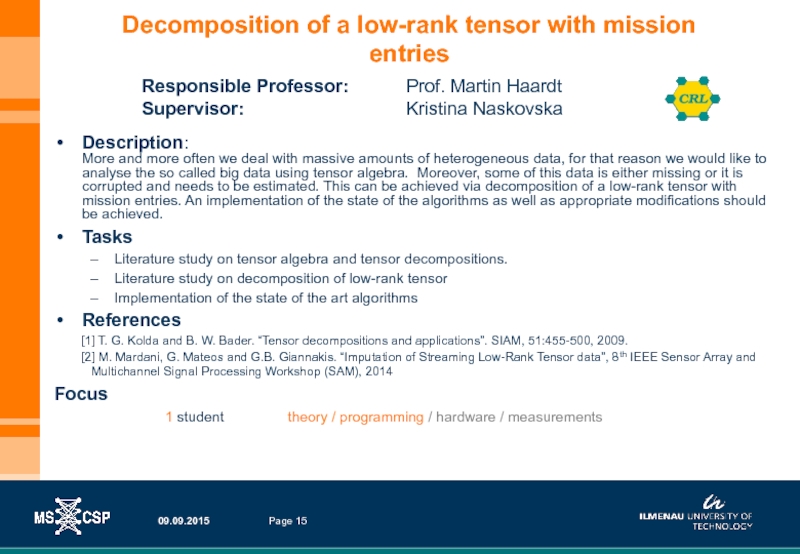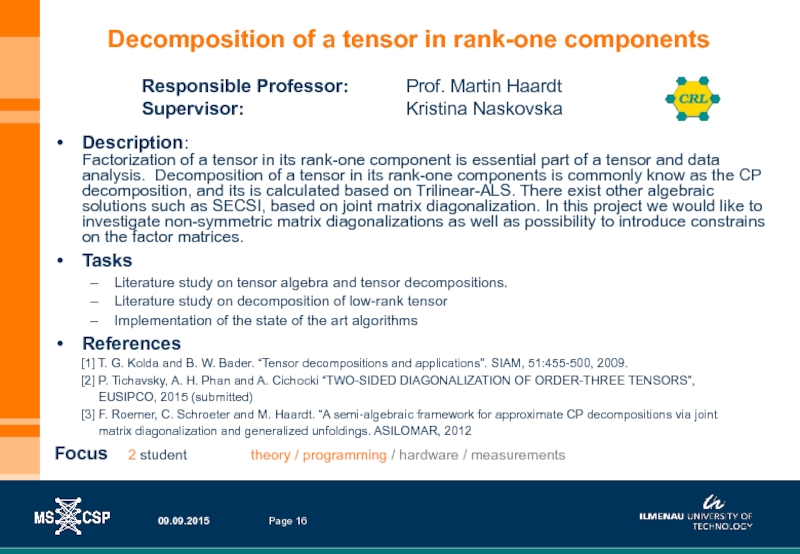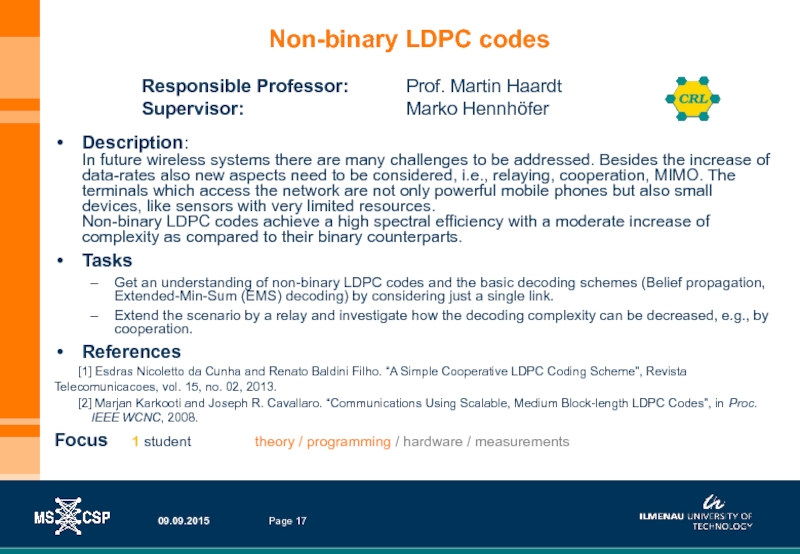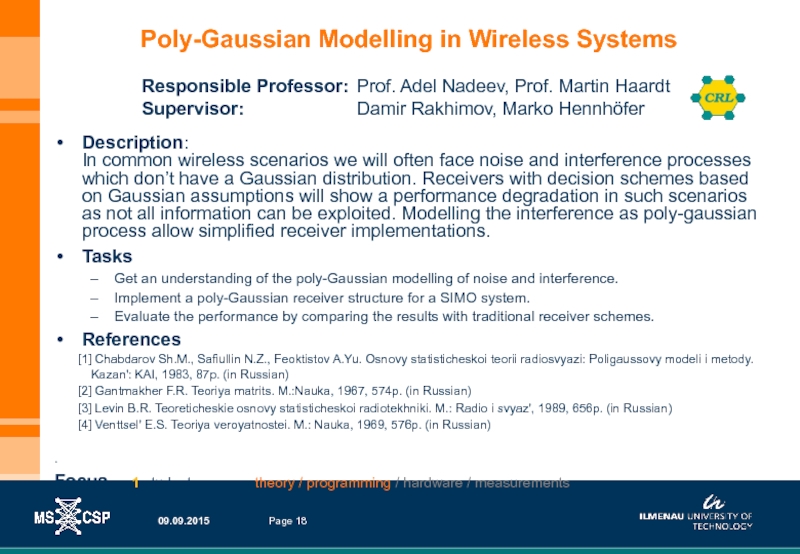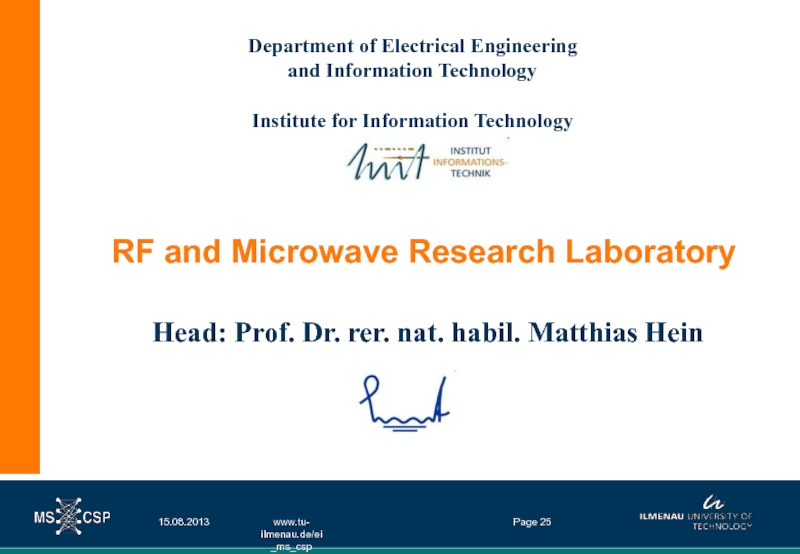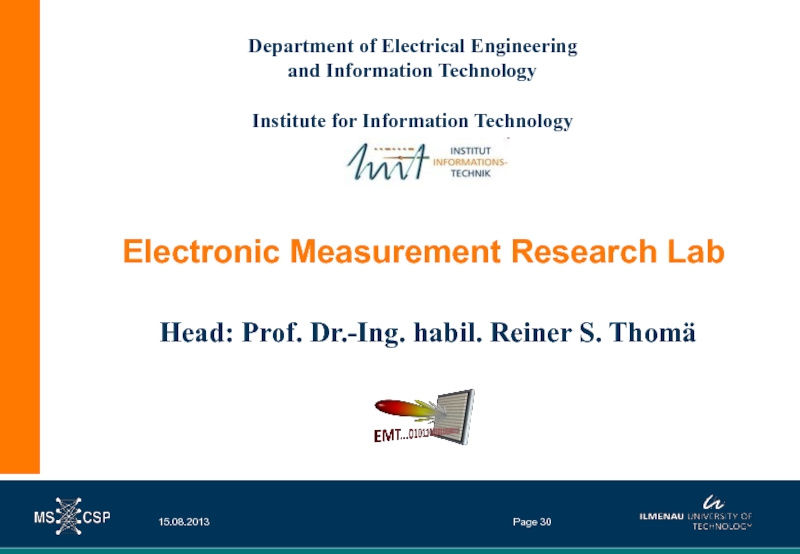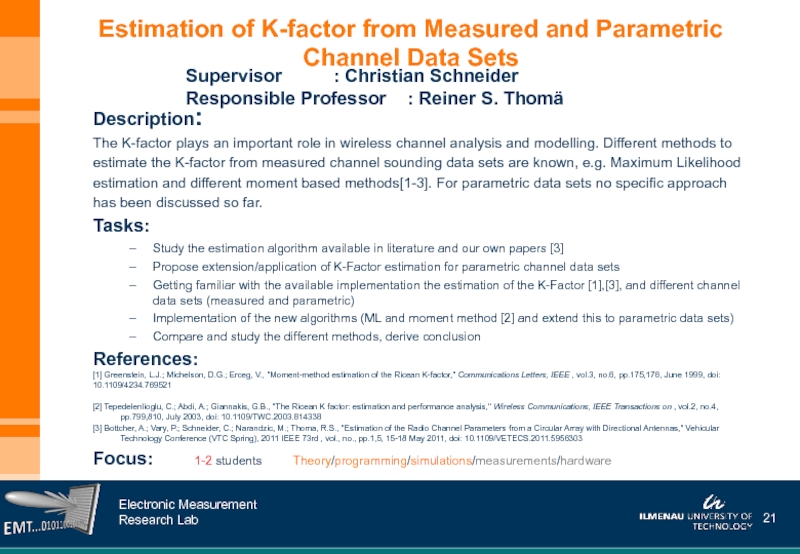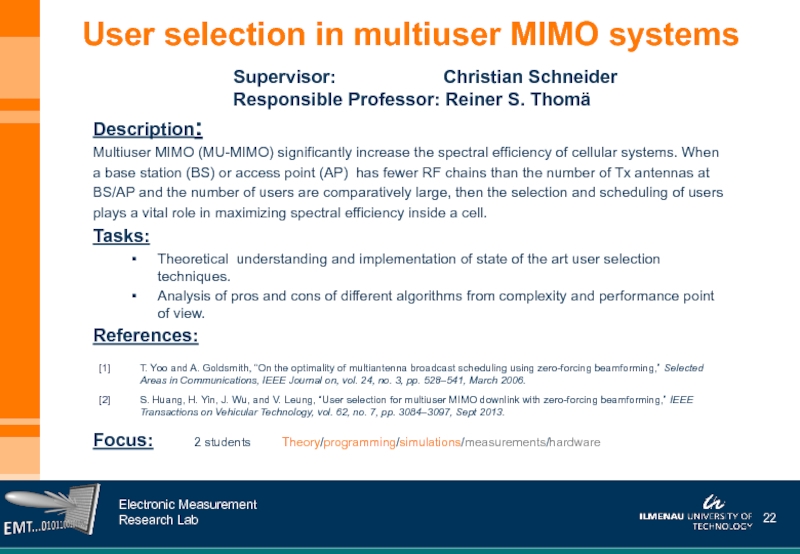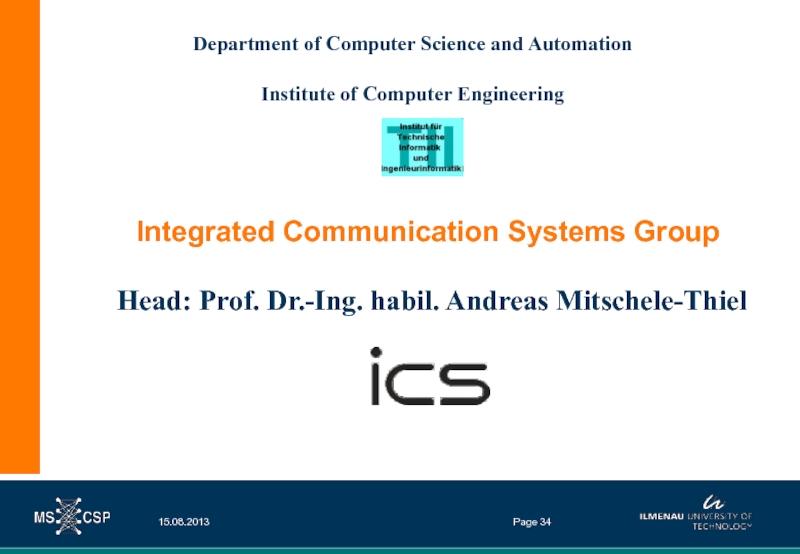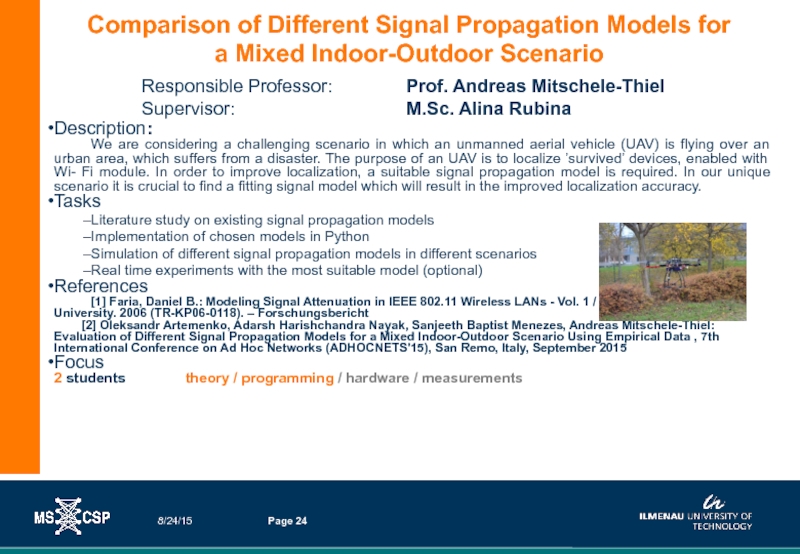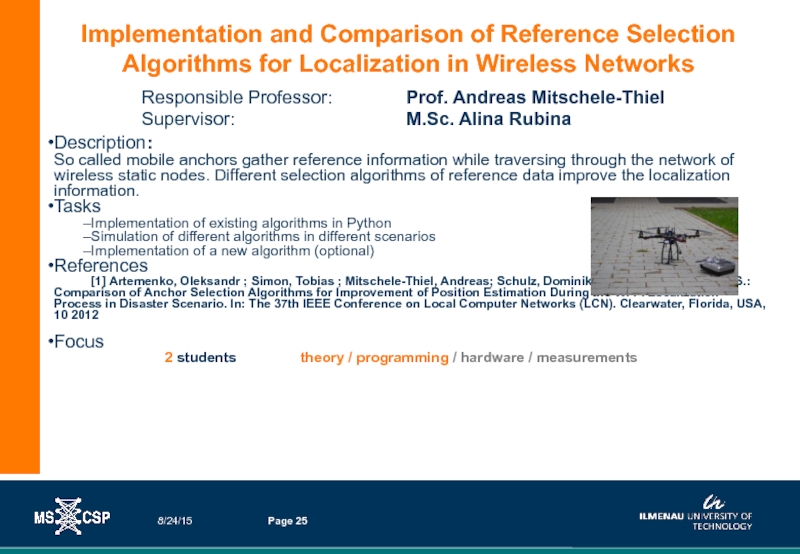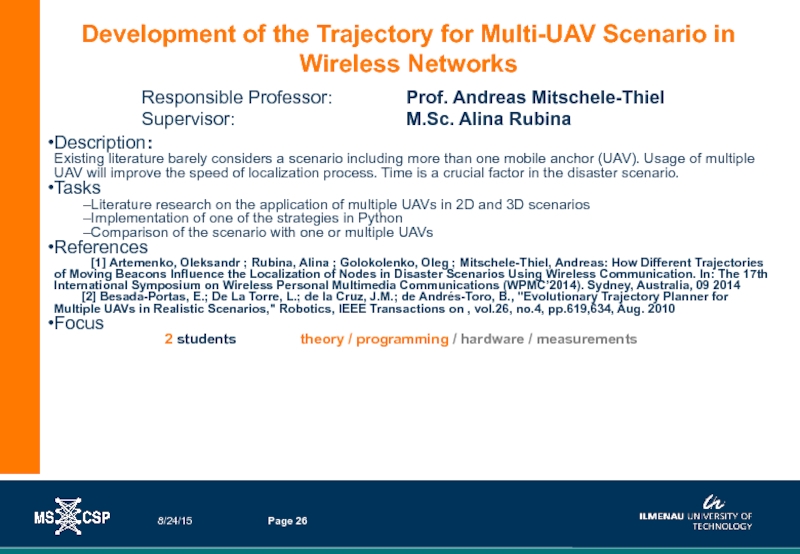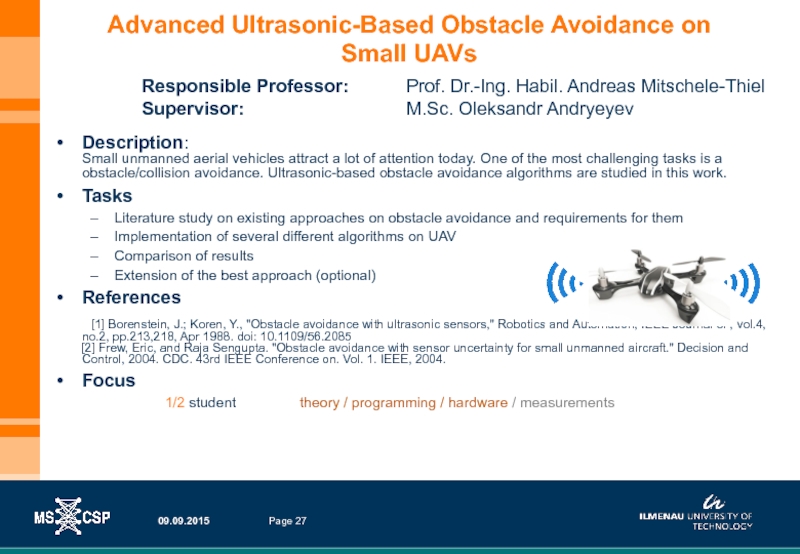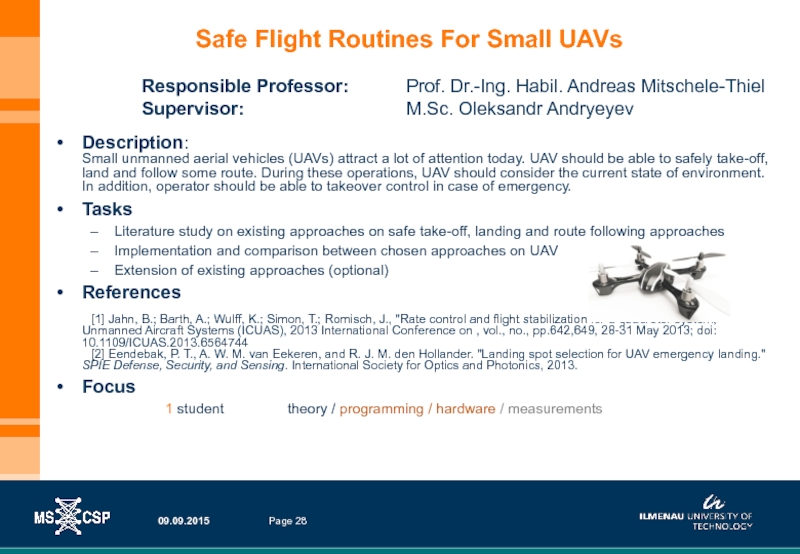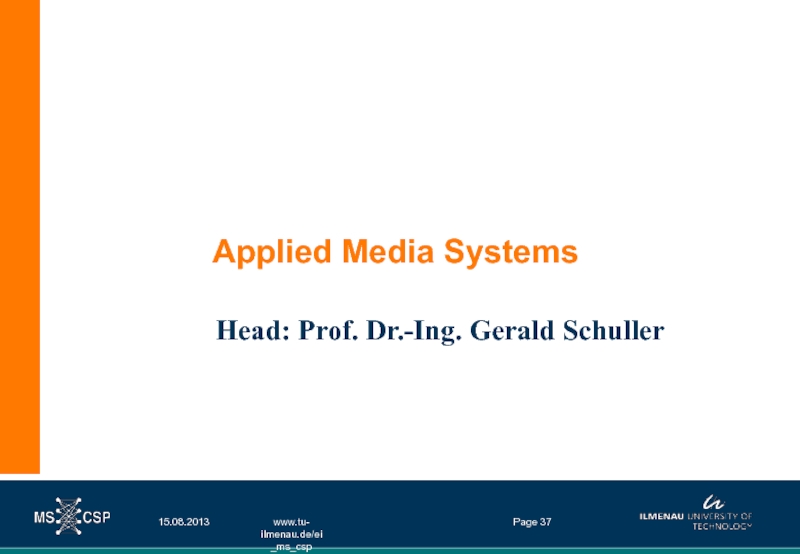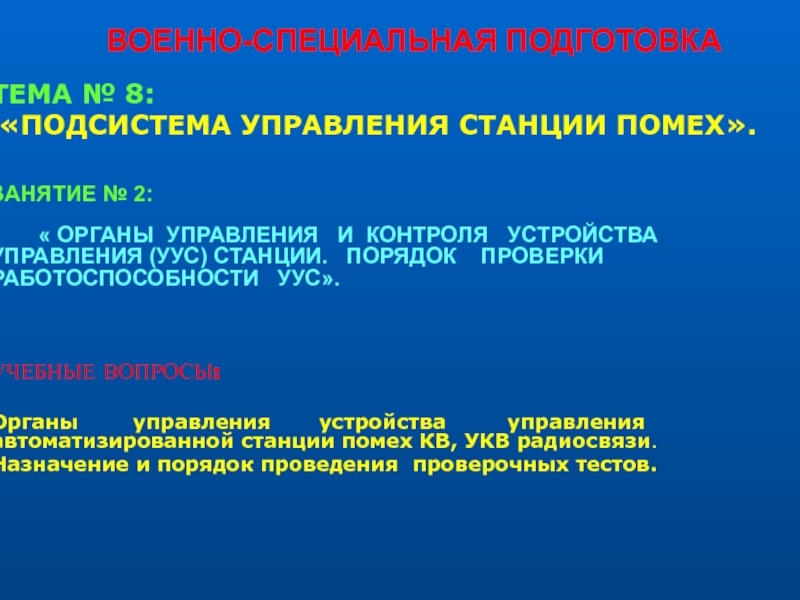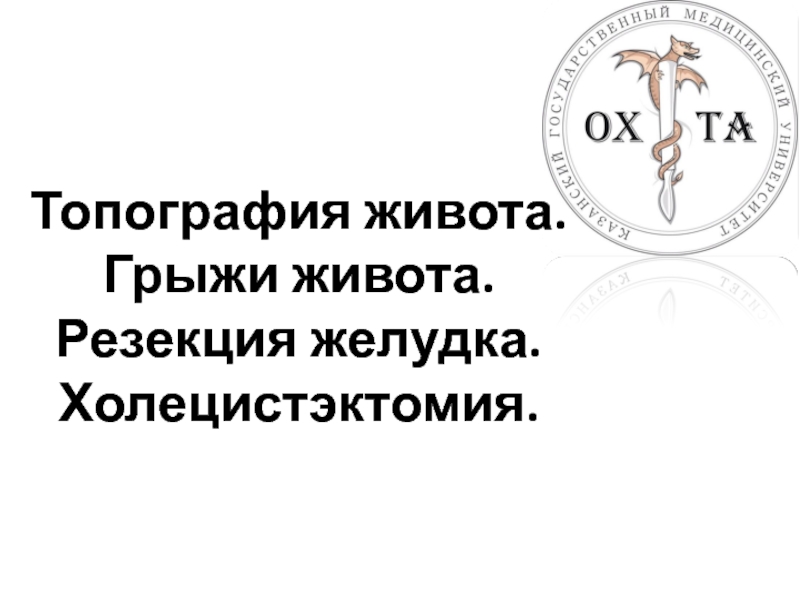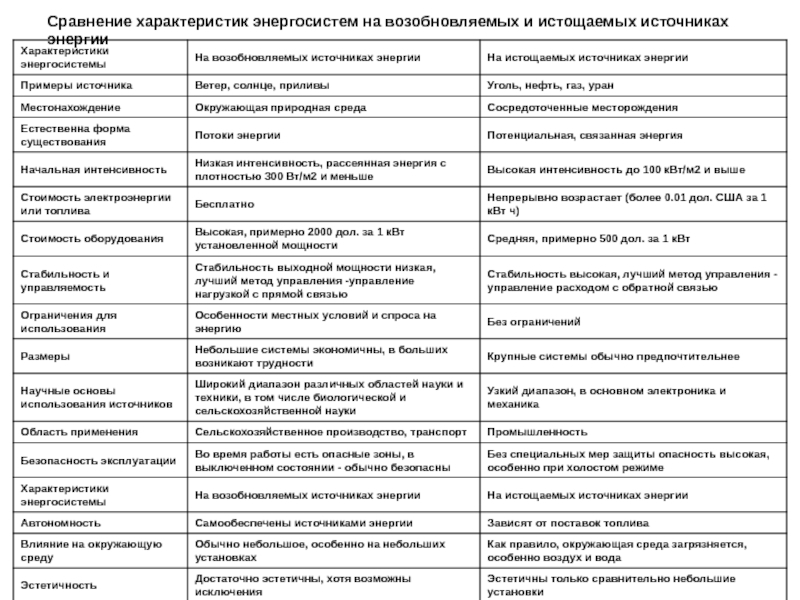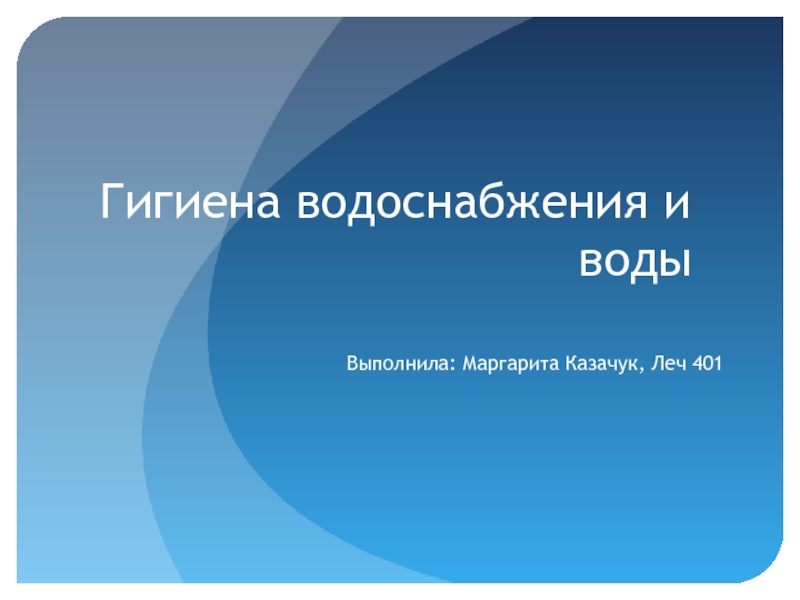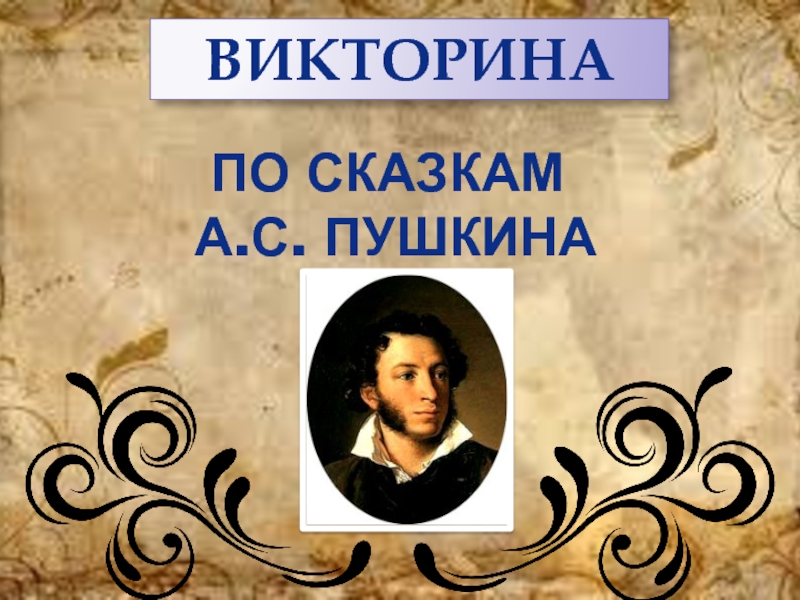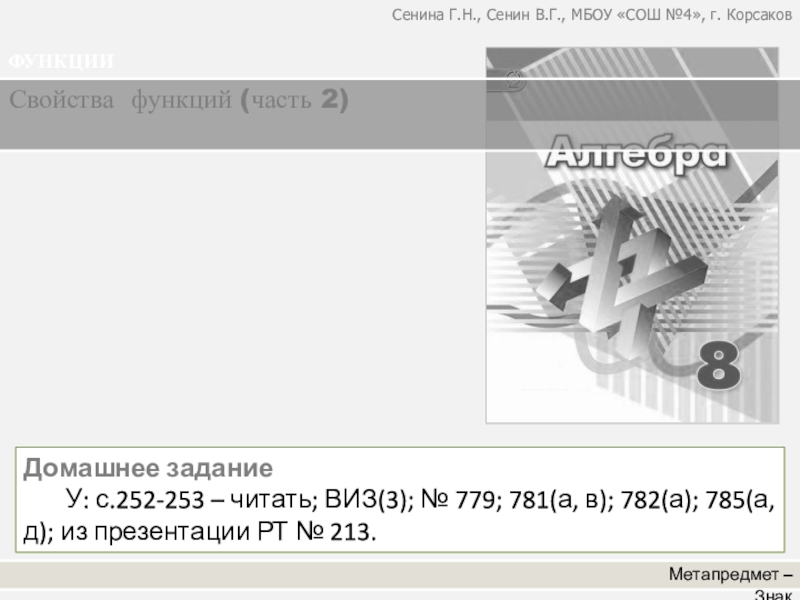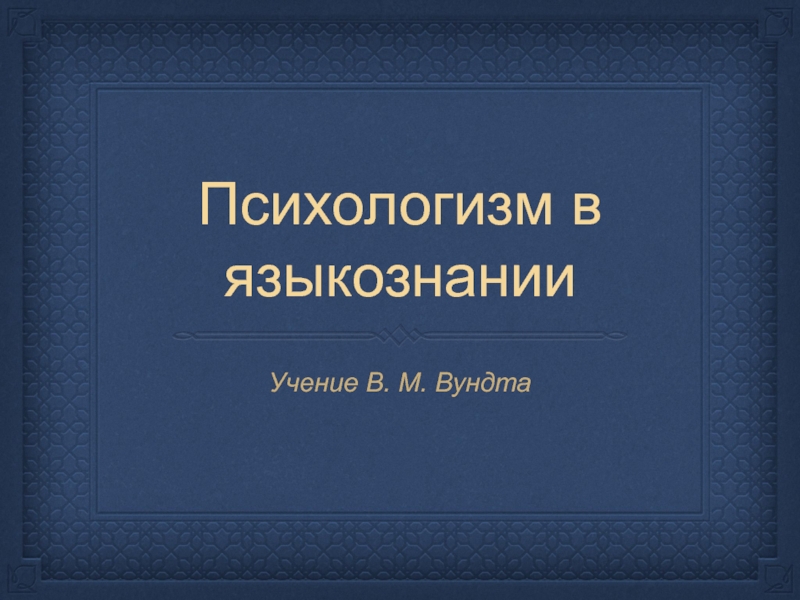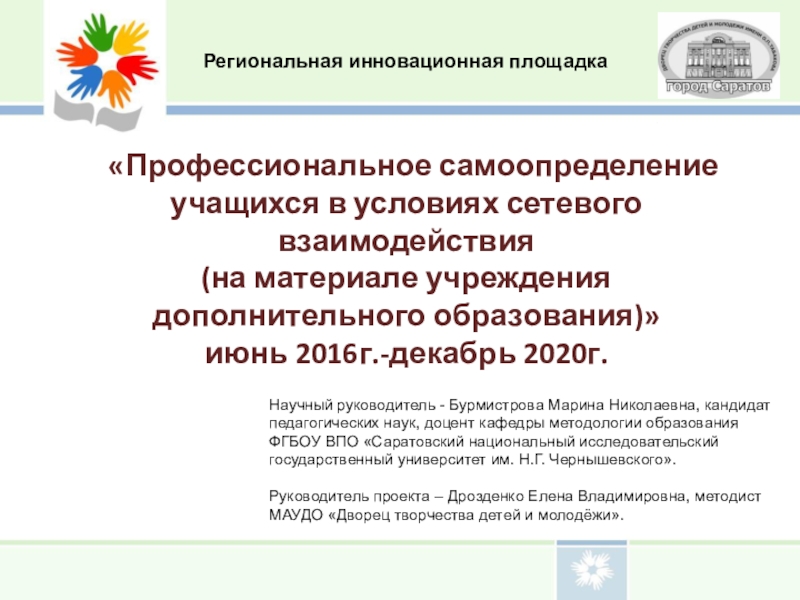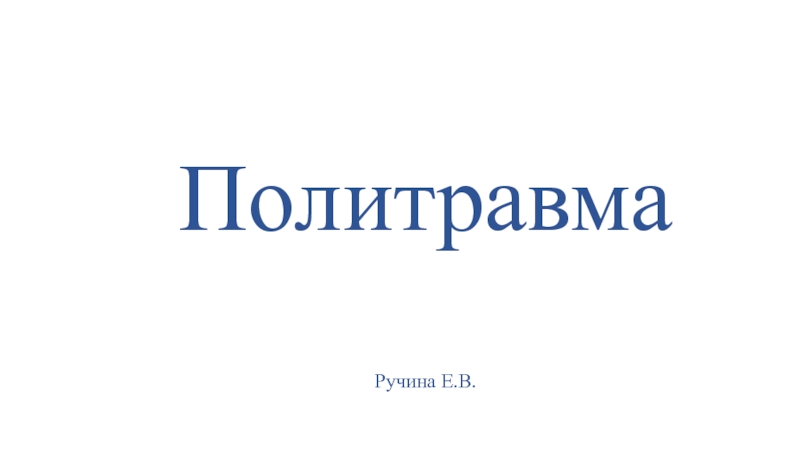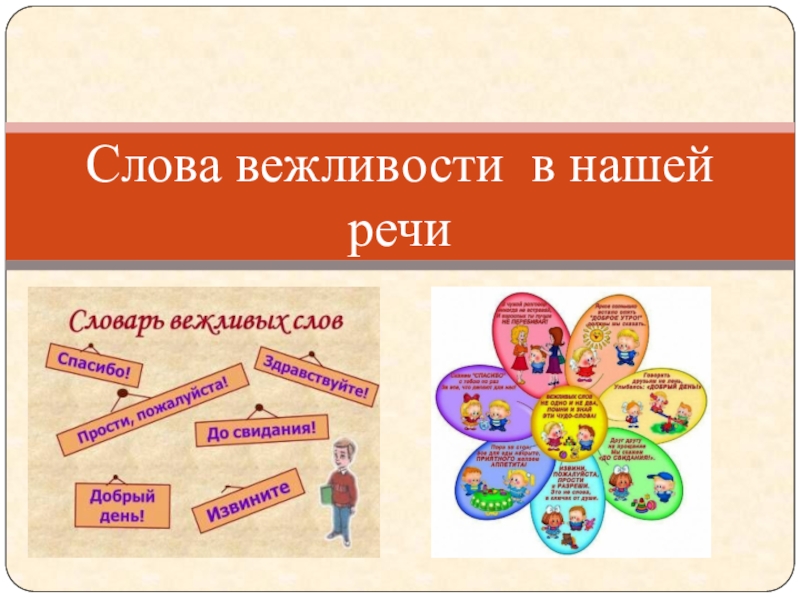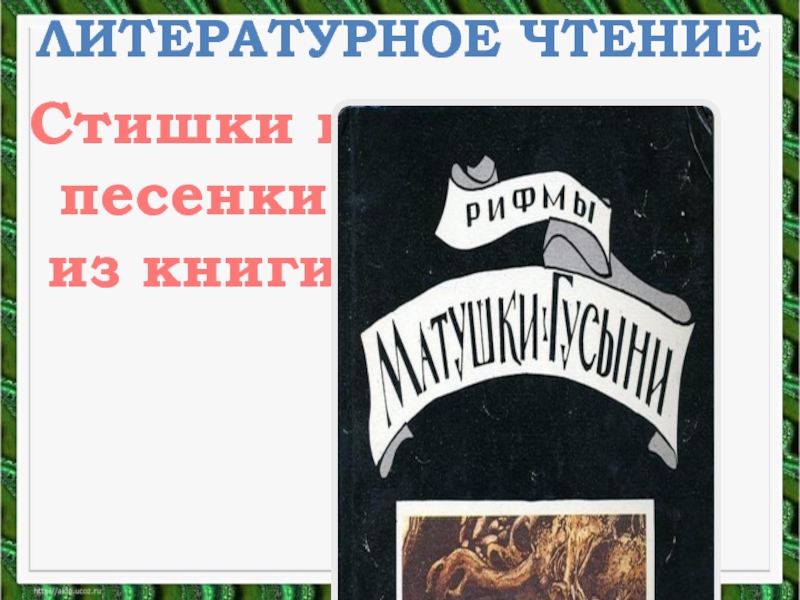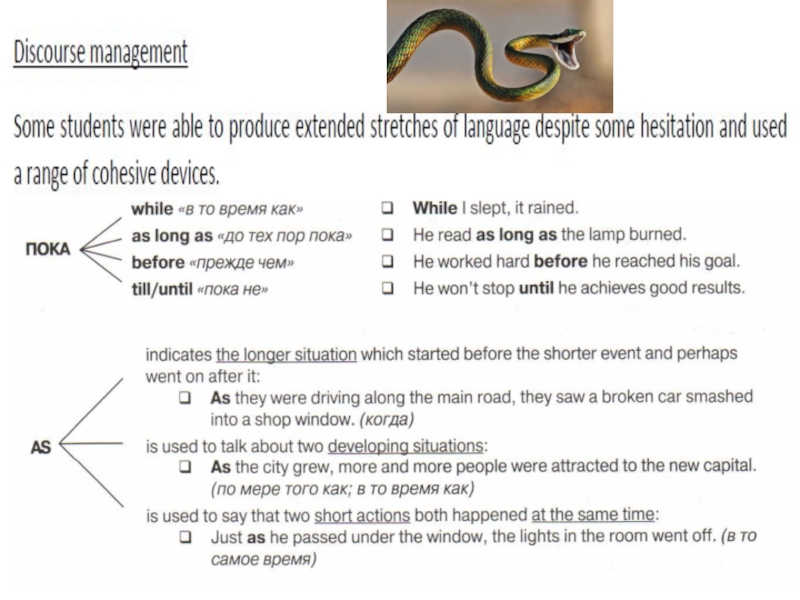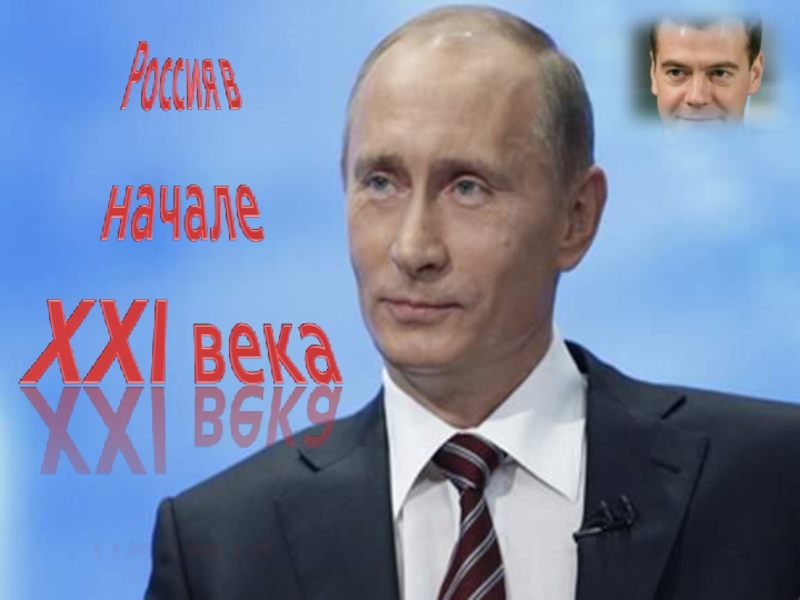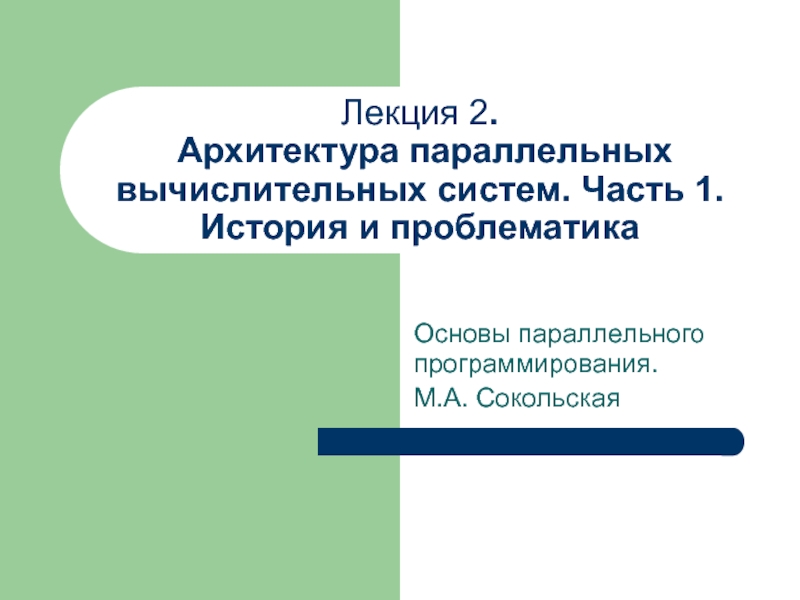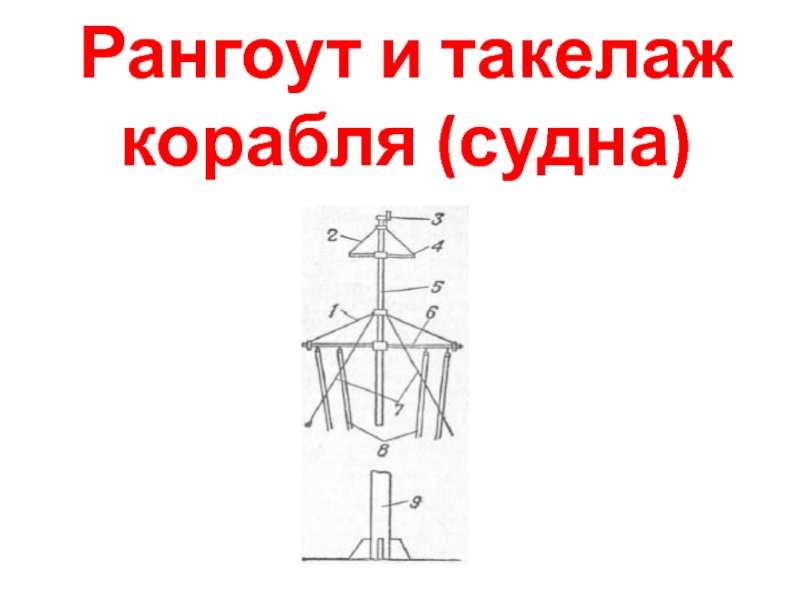Разделы презентаций
- Разное
- Английский язык
- Астрономия
- Алгебра
- Биология
- География
- Геометрия
- Детские презентации
- Информатика
- История
- Литература
- Математика
- Медицина
- Менеджмент
- Музыка
- МХК
- Немецкий язык
- ОБЖ
- Обществознание
- Окружающий мир
- Педагогика
- Русский язык
- Технология
- Физика
- Философия
- Химия
- Шаблоны, картинки для презентаций
- Экология
- Экономика
- Юриспруденция
To p ics for the MSCSP 14.0 7.2014 P a g e 1 Advanced Resear c h
Содержание
- 1. To p ics for the MSCSP 14.0 7.2014 P a g e 1 Advanced Resear c h
- 2. Selection of topics and submission of topic sheets untilOctober 26, 2015.15.08.2013Page 2
- 3. Department of Electrical Engineering and Information TechnologyInstitute
- 4. Department of Electrical Engineering and Information TechnologyInstitute
- 5. www.tu-ilmenau.de/ei_ms_cspwww.tu-ilmenau.de/ei_ms_cspPage Description: In OFDM based systems, the
- 6. www.tu-ilmenau.de/ei_ms_cspwww.tu-ilmenau.de/ei_ms_cspPage Description: In OFDM based systems, the
- 7. www.tu-ilmenau.de/ei_ms_cspwww.tu-ilmenau.de/ei_ms_cspPage Description: OFDM and its real-valued version
- 8. www.tu-ilmenau.de/ei_ms_cspwww.tu-ilmenau.de/ei_ms_cspPage Description: OFDM and its real-valued version
- 9. www.tu-ilmenau.de/ei_ms_cspwww.tu-ilmenau.de/ei_ms_cspPage Description: Visible light communication (VLC) is
- 10. www.tu-ilmenau.de/ei_ms_cspwww.tu-ilmenau.de/ei_ms_cspPage Description: In conventional cellular networks, users
- 11. www.tu-ilmenau.de/ei_ms_cspPage Responsible Professor:Research Adviser: E-Mail:Prof. Dr. -Ing.
- 12. www.tu-ilmenau.de/ei_ms_cspPage Responsible Professor:Research Adviser: E-Mail:Prof. Dr. -Ing.
- 13. www.tu-ilmenau.de/ei_ms_cspPage Responsible Professor:Research Adviser: E-Mail:Prof. Dr. -Ing.
- 14. Description: More and more often we deal
- 15. Description: More and more often we deal
- 16. Description: Factorization of a tensor in its
- 17. Description: In future wireless systems there are
- 18. Description: In common wireless scenarios we will
- 19. 15.08.2013www.tu- ilmenau.de/ei_ms_cspPage 25Department of Electrical Engineering and
- 20. Department of Electrical Engineering and Information TechnologyInstitute
- 21. Estimation of K-factor from Measured and Parametric
- 22. User selection in multiuser MIMO systems
- 23. Department of Computer Science and AutomationInstitute of
- 24. Description: We are considering a challenging
- 25. Description: So called mobile anchors gather reference information
- 26. Description: Existing literature barely considers a scenario including
- 27. Description: Small unmanned aerial vehicles attract a
- 28. Description: Small unmanned aerial vehicles (UAVs) attract
- 29. 15.08.2013www.tu- ilmenau.de/ei_ms_cspPage 37Head: Prof. Dr.-Ing. Gerald SchullerApplied Media Systems
- 30. Скачать презентанцию
Слайды и текст этой презентации
Слайд 3Department of Electrical Engineering and Information Technology
Institute for Information Technology
Division
of Communication Networks
3Слайд 4Department of Electrical Engineering and Information Technology
Institute for Information Technology
Lab:
Communications Research Laboratory
Head: Prof. Dr.-Ing. Martin Haardt
15.08.2013
Page 16
Слайд 5www.tu-ilmenau.de/ei_ms_csp
www.tu-ilmenau.de/ei_ms_csp
Page
Description:
In OFDM based systems, the symbols are separated by
guard intervals which are usually implemented by cyclic prefixes (CP).
CP is a random sequence and is solely created in time domain by copying the last part of the output of IDFT. Instead of using a random sequence as CP, a known deterministic sequence called as unique word (UW) can be used which, in result, can be very helpful for channel estimation and synchronization. Therefore, such UW systems does not require dedicated pilot carriers as compared to systems using CP. In [1], two different methods are introduced to construct UW-OFDM. In this project, we will compare the performance of UW-OFDM against the CP-OFDM for the LTE-A downlink scenario.Requirements: Programming skills in MATLAB.
Tasks
Review of the literature
Implementation of UW-OFDM in Matlab
Performance comparison of UW-OFDM and CP-OFDM for LTE-A downlink
Literature:
[1]. A. Onic and M. Huemer, “Direct vs. two-step approach for unique word generation in UW-OFDM,” in Proc. 2010 Int. OFDM Work., pp. 145–149 Hamburg (Germany), September 2010.
[2]. Huemer, M., Hofbauer, C., Huber, J.B “The Potential of Unique Words in OFDM” in Proceedings of the 15th International OFDM Workshop. Hamburg (Germany), September 2010.
Focus 1/2 students theory / programming
Unique Word OFDM for LTE-A Downlink
Responsible Professor:
Supervisor:
Prof. Martin Haardt
Sher Ali Cheema
Слайд 6www.tu-ilmenau.de/ei_ms_csp
www.tu-ilmenau.de/ei_ms_csp
Page
Description:
In OFDM based systems, the symbols are separated by
guard intervals which are usually implemented by cyclic prefixes (CP).
CP is a random sequence and is solely created in time domain by copying the last part of the output of IDFT. Instead of using a random sequence as CP, a known deterministic sequence called as unique word (UW) can be used which, in result, can be very helpful for channel estimation and synchronization. Therefore, such UW systems does not require dedicated pilot carriers as compared to systems using CP. In this project, we will investigate the channel estimation techniques for UW-OFDM.Requirements: Programming skills in MATLAB.
Tasks
Review of the literature
Channel estimation using UW
Literature:
[1]. A. Onic and M. Huemer, “Direct vs. two-step approach for unique word generation in UW-OFDM,” in Proc. 2010 Int. OFDM Work., pp. 145–149 Hamburg (Germany), September 2010.
[2]. Huemer, M., Hofbauer, C., Huber, J.B “The Potential of Unique Words in OFDM” in Proceedings of the 15th International OFDM Workshop. Hamburg (Germany), September 2010.
Focus 1 students theory / programming
Channel Estimation Techniques for UW-OFDM
Responsible Professor:
Supervisor:
Prof. Martin Haardt
Sher Ali Cheema
Слайд 7www.tu-ilmenau.de/ei_ms_csp
www.tu-ilmenau.de/ei_ms_csp
Page
Description:
OFDM and its real-valued version DMT are popular schemes
used to compensate the channel dispersion in direct detection optical
systems. DMT schemes also take advantage of the CP, as in CP-OFDM, to mitigate the effect of channel dispersion. CP is a random sequence and is solely created in time domain by copying the last part of the output of IDFT. Instead of using a random sequence as CP, a known deterministic sequence called as unique word (UW) can be used which, in result, can be very helpful for channel estimation and synchronization. In this work, we will investigate the UW-OFDM structure for the DMT schemes and, based on this, propose new UW based DMT schemes for optical communication systems.Requirements: Programming skills in MATLAB.
Tasks
Review of the literature
Implementation of these schemes in Matlab
Literature:
[1]. Huemer, M., Hofbauer, C., Huber, J.B “The Potential of Unique Words in OFDM” in Proceedings of the 15th International OFDM Workshop. Hamburg (Germany), September 2010.
[2]. M. Wolf, L.Grobe, M. R. Rieche, A. Koher and J. Vucic, “ Block transmission with linear frequency domain equalization for dispersive optical channels” in 12th International Conference on Transparent Optical Networks (ICTON) 2010, Munich, Germany.
[3]. M. Wolf, M. Haardt, “ Comparison of OFDM and frequency domain equalization for dispersive optical channels with direct detection” in 14th International Conference on Transparent Optical Networks (ICTON) 2012, Coventry, England.
Focus 1 students theory / programming
Unique Word based DMT Schemes
Responsible Professor:
Supervisor:
Prof. Martin Haardt
Sher Ali Cheema
Слайд 8www.tu-ilmenau.de/ei_ms_csp
www.tu-ilmenau.de/ei_ms_csp
Page
Description:
OFDM and its real-valued version DMT are popular schemes
used to compensate channel dispersion in direct detection optical systems.
One of the major drawback of OFDM is its high peak to average power ratio (PAPR) of the output signal which seriously limits the power efficiency of transmitter’s high power amplifier. Transmitting a signal with high PAPR requires highly linear power amplifiers with a large back-off to avoid adjacent channel interference due to nonlinear effects. In this work, we will investigate the different PAPR reduction algorithms for DMT schemes such as AC-DMT and DC-biased DMT.Requirements: Programming skills in MATLAB.
Tasks
Review of the literature
Implementation of different PAPR reduction algorithms in Matlab
Literature:
S.H. Han, J. H. Lee, “An overview of peak-to-average power ratio reduction techniques for multicarrier transmission” in IEEE wireless communication volume 12, issue2, April 2005.
M. Wolf, L.Grobe, M. R. Rieche, A. Koher and J. Vucic, “ Block transmission with linear frequency domain equalization for dispersive optical channels” in 12th International Conference on Transparent Optical Networks (ICTON) 2010, Munich, Germany
M. Wolf, M. Haardt, “ Comparison of OFDM and frequency domain equalization for dispersive optical channels with direct detection” in 14th International Conference on Transparent Optical Networks (ICTON) 2012, Coventry, England.
Focus 1 students theory / programming
Peak to Average Power Ratio Reduction for DMT Schemes
Responsible Professor:
Supervisor:
Prof. Martin Haardt
Sher Ali Cheema
Слайд 9www.tu-ilmenau.de/ei_ms_csp
www.tu-ilmenau.de/ei_ms_csp
Page
Description:
Visible light communication (VLC) is a technology with enormous
potential for wide range of applications within next generation transmission
and broadcasting technologies. Despite many advantages, the main challenge in VLC systems to date has been in improving data rates while considering the low bandwidths of the commercial LED devices. Many advance modulation schemes such as block transmission with frequency domain equalization, discrete multi-tone transmission (DMT), and carrier less amplitude and phase (CAP) have been suggested for VLC. Moreover, equalization also plays a vital role in improving the spectral efficiency of VLC systems. In this work, we will investigate the performance of CAP modulation scheme with decision feedback equalization and will compare it with the other schemes in indoor multipath environment.Requirements: Programming skills in MATLAB.
Tasks
Review of the literature
Implementation of CAP with DFE in Matlab
Literature:
M. Wolf, L.Grobe, M. R. Rieche, A. Koher and J. Vucic, “ Block transmission with linear frequency domain equalization for dispersive optical channels” in 12th International Conference on Transparent Optical Networks (ICTON) 2010, Munich, Germany
F.-M.Wu, C.-T. Lin, et al., “1.1-Gb/sWhite-LED-Based Visible Light Communication Employing Carrier-Less Amplitude and Phase Modulation,” IEEE Photonics Technology Letters, pp. 1730 – 1732, Oct. 2012
Focus 1 students theory / programming
Carrierless Amplitude and Phase Modulation with Decision Feedback Equalization for VLC
Responsible Professor:
Supervisor:
Prof. Martin Haardt
Sher Ali Cheema
Слайд 10www.tu-ilmenau.de/ei_ms_csp
www.tu-ilmenau.de/ei_ms_csp
Page
Description:
In conventional cellular networks, users communicate via base stations
(BS) however close range users may gain if they communicate
directly between each other. Device-to-device (D2D) networking allows direct communication between cellular users and provide the following benefits:Offload traffic from the core network
Higher data rates and power efficiency for both users and networks
Optimized spectrum reuse if sharing is allowed (underlay case)
Better coverage
Improved energy efficiency and reduced backhaul demand
Requirements: Strong programming skills in MATLAB and good knowledge about wireless systems.
Tasks
When one should use direct D2D communication instead of cellular?
Comparison between in-band (overlay and underlay) and out-of-band modes
Use of MIMO to provide additional degrees of freedom
How to implement D2D on new generation systems where the transceivers for uplink and downlink are different
(please contact the supervisors for more details)
Focus 1 students theory / programming
Device to Device (D2D) communications
Responsible Professor:
Supervisor:
Prof. Martin Haardt
Bilal Zafar, Sher Ali Cheema
Слайд 11www.tu-ilmenau.de/ei_ms_csp
Page
Responsible Professor:
Research Adviser:
E-Mail:
Prof. Dr. -Ing. Martin Haardt
Dr. -Ing. Jianshu
Zhang
jianshu.zhang@tu-ilmenau.de
Description:
60 GHz band provides a large amount of unlicensed bandwidth,
which can be used to boost the data rate. The use of CMOS techniques makes it feasible to produce mmWave arrays. To exploit the benefits of 60 GHz band and massive MIMO arrays, novel physical layer techniques are desired.Tasks
Literature study of the current mmWave WiFi Standard, i.e., 802.11 ad
Build up a standard compliant link level simulator via simulink
Investigate and / or develop signal processing techniques in one of the following research directions:
MIMO strategies / Channel Estimation / Comparison of single and multi-carrier PHY/
limited feedback
References
[1] Agilent Technologies, “Wireless LAN at 60 GHz – IEEE 802.11 ad Explained: Application Note", White paper, 2013.
[2] O. El Ayach, S. Rajagopal, S. Abu-Surra, Z. Pi, and R. W. Heath, “Spatially Sparse Precoding in Millimeter Wave MIMO Systems”, IEEE
Transactions on Wireless Communications, vol. 13, no. 3, 2014.
Focus
1 or 2 students, theory / programming / hardware / measurements / protocols
The Physical Layer of Future mmWave WiFi
Слайд 12www.tu-ilmenau.de/ei_ms_csp
Page
Responsible Professor:
Research Adviser:
E-Mail:
Prof. Dr. -Ing. Martin Haardt
Dr. –Ing. Jianshu
Zhang
jianshu.zhang@tu-ilmenau.de
Description:
In the development, standardization as well as the implementation process
of equipment manufacturers of wireless networks, simulations are necessary to test and optimize algorithms and procedures. System level simulations focus on network-related issues and are indispensable for evaluating new mobile network technologies.Tasks
Understand the concept of system level simulator
Develop a System Level Simulator for LTE Heterogeneous Networks, involving relaying, D2D, and M2M, with a focus on:
Mobility management / radio resource management / PHY abstraction / stochastic modelling
References [1] J. C. Ikuno, M. Wrulich, and M. Rupp, “System level simulation of LTE networks", IEEE 71st Vehicular Technology Conference, Taipei,
Taiwan, May 2010
[2] H. Zhang, Y. Xie, L. Feng, and Y. Fang, “Base Station Design and Siting Based on Stochastic Geometry", Vehicular Technologies
Deployment and Application, InTech, Feb. 2013.
Focus
1 or 2 students, theory / programming / hardware / measurements / protocols
System Level Simulator for SDMA Enhanced LTE Heterogeneous networks
Слайд 13www.tu-ilmenau.de/ei_ms_csp
Page
Responsible Professor:
Research Adviser:
E-Mail:
Prof. Dr. -Ing. Martin Haardt
Dr. -Ing. Jianshu
Zhang
jianshu.zhang@tu-ilmenau.de
Description:
Compared to traditional FMCW radar, OFDM radar offers several attractive
features for radar applications, e.g., tolerance against Doppler shift. Yet the potential of OFDM radar, or using other multi-carrier techniques, has not been fully exploited, especially when multiple antennas are used.Tasks
Literature study of current MIMO OFDM radar techniques
Implement and improve the performance of MIMO OFDM radar in range, velocity, and angle estimation, with the focus on
novel estimation techniques \ near-field radar \ alternative multicarrier techniques, e.g., FBMC
References
[1] C. Sturm, E. Pancera, T. Zwick, and W. Wiesbeck, “A novel approach to OFDM Radar processing", Radar Conference, IEEE, May 2009.
[2] M. Braun, C. Sturm, and F. K. Jondral, “Maximum likelihood speed and distance estimation for OFDM radar”, in IEEE Radar
Conference, 2010. [3] Y. L. Sit and W. Wiesbeck, “MIMO OFDM Radar with Communication and Interference Cancellation Features“, in IEEE Radar
Conference, 2014.
Focus
1 or 2 students, theory / programming / hardware / measurements / protocols
The Potential of MIMO Multi-Carrier Radar Systems
Слайд 14Description: More and more often we deal with massive amounts of
heterogeneous data, for that reason we would like to analyse
the so called big data using tensor algebra. Since the big data requires a lot of memory space a first and obvious solution is to perform a compression of the data. For that reason an implementation of the state of the algorithms as well as appropriate modifications should be achieved.Tasks
Literature study on tensor algebra and tensor decompositions.
Literature study on big data compression
Implementation of the state of the art algorithms
References
[1] T. G. Kolda and B. W. Bader. “Tensor decompositions and applications”. SIAM, 51:455-500, 2009.
[2] N. D. Sidiropoulos, E.E Papalexakis and C. Faloutsos . “A Parallel Algorithm for Big tensor decomposition using randomly compressed cubes (PARACOMP)”, IEEE Internation Conference on Acoustic, Speech and Signal Processing (ICASSP), 2014
Focus
1 student theory / programming / hardware / measurements
Responsible Professor:
Supervisor:
Prof. Martin Haardt
Kristina Naskovska
Compression of a big tensor using tensor decompositions
Page
Слайд 15Description: More and more often we deal with massive amounts of
heterogeneous data, for that reason we would like to analyse
the so called big data using tensor algebra. Moreover, some of this data is either missing or it is corrupted and needs to be estimated. This can be achieved via decomposition of a low-rank tensor with mission entries. An implementation of the state of the algorithms as well as appropriate modifications should be achieved.Tasks
Literature study on tensor algebra and tensor decompositions.
Literature study on decomposition of low-rank tensor
Implementation of the state of the art algorithms
References
[1] T. G. Kolda and B. W. Bader. “Tensor decompositions and applications”. SIAM, 51:455-500, 2009.
[2] M. Mardani, G. Mateos and G.B. Giannakis. “Imputation of Streaming Low-Rank Tensor data”, 8th IEEE Sensor Array and Multichannel Signal Processing Workshop (SAM), 2014
Focus
1 student theory / programming / hardware / measurements
Responsible Professor:
Supervisor:
Prof. Martin Haardt
Kristina Naskovska
Decomposition of a low-rank tensor with mission entries
Page
Слайд 16Description: Factorization of a tensor in its rank-one component is essential
part of a tensor and data analysis. Decomposition of a
tensor in its rank-one components is commonly know as the CP decomposition, and its is calculated based on Trilinear-ALS. There exist other algebraic solutions such as SECSI, based on joint matrix diagonalization. In this project we would like to investigate non-symmetric matrix diagonalizations as well as possibility to introduce constrains on the factor matrices.Tasks
Literature study on tensor algebra and tensor decompositions.
Literature study on decomposition of low-rank tensor
Implementation of the state of the art algorithms
References
[1] T. G. Kolda and B. W. Bader. “Tensor decompositions and applications”. SIAM, 51:455-500, 2009.
[2] P. Tichavsky, A. H. Phan and A. Cichocki “TWO-SIDED DIAGONALIZATION OF ORDER-THREE TENSORS”,
EUSIPCO, 2015 (submitted)
[3] F. Roemer, C. Schroeter and M. Haardt. “A semi-algebraic framework for approximate CP decompositions via joint
matrix diagonalization and generalized unfoldings. ASILOMAR, 2012
Focus 2 student theory / programming / hardware / measurements
Responsible Professor:
Supervisor:
Prof. Martin Haardt
Kristina Naskovska
Decomposition of a tensor in rank-one components
Page
Слайд 17Description: In future wireless systems there are many challenges to be
addressed. Besides the increase of data-rates also new aspects need
to be considered, i.e., relaying, cooperation, MIMO. The terminals which access the network are not only powerful mobile phones but also small devices, like sensors with very limited resources. Non-binary LDPC codes achieve a high spectral efficiency with a moderate increase of complexity as compared to their binary counterparts.Tasks
Get an understanding of non-binary LDPC codes and the basic decoding schemes (Belief propagation, Extended-Min-Sum (EMS) decoding) by considering just a single link.
Extend the scenario by a relay and investigate how the decoding complexity can be decreased, e.g., by cooperation.
References
[1] Esdras Nicoletto da Cunha and Renato Baldini Filho. “A Simple Cooperative LDPC Coding Scheme”, Revista Telecomunicacoes, vol. 15, no. 02, 2013.
[2] Marjan Karkooti and Joseph R. Cavallaro. “Communications Using Scalable, Medium Block-length LDPC Codes”, in Proc. IEEE WCNC, 2008.
Focus 1 student theory / programming / hardware / measurements
Responsible Professor:
Supervisor:
Prof. Martin Haardt
Marko Hennhöfer
Non-binary LDPC codes
Page
Слайд 18Description: In common wireless scenarios we will often face noise and
interference processes which don’t have a Gaussian distribution. Receivers with
decision schemes based on Gaussian assumptions will show a performance degradation in such scenarios as not all information can be exploited. Modelling the interference as poly-gaussian process allow simplified receiver implementations.Tasks
Get an understanding of the poly-Gaussian modelling of noise and interference.
Implement a poly-Gaussian receiver structure for a SIMO system.
Evaluate the performance by comparing the results with traditional receiver schemes.
References
[1] Chabdarov Sh.M., Safiullin N.Z., Feoktistov A.Yu. Osnovy statisticheskoi teorii radiosvyazi: Poligaussovy modeli i metody. Kazan': KAI, 1983, 87p. (in Russian)
[2] Gantmakher F.R. Teoriya matrits. M.:Nauka, 1967, 574p. (in Russian)
[3] Levin B.R. Teoreticheskie osnovy statisticheskoi radiotekhniki. M.: Radio i svyaz', 1989, 656p. (in Russian)
[4] Venttsel' E.S. Teoriya veroyatnostei. M.: Nauka, 1969, 576p. (in Russian)
.
Focus 1 student theory / programming / hardware / measurements
Responsible Professor:
Supervisor:
Prof. Adel Nadeev, Prof. Martin Haardt
Damir Rakhimov, Marko Hennhöfer
Poly-Gaussian Modelling in Wireless Systems
Page
Слайд 1915.08.2013
www.tu- ilmenau.de/ei
_ms_csp
Page 25
Department of Electrical Engineering and Information Technology
Institute for
Information Technology
RF and Microwave Research Laboratory
Head: Prof. Dr. rer. nat.
habil. Matthias HeinСлайд 20Department of Electrical Engineering and Information Technology
Institute for Information Technology
Electronic
Measurement Research Lab
Head: Prof. Dr.-Ing. habil. Reiner S. Thomä
15.08.2013
Page 30
Слайд 21Estimation of K-factor from Measured and Parametric Channel Data Sets
Supervisor :
Christian Schneider
Responsible Professor : Reiner S. Thomä
Description:
The K-factor plays an
important role in wireless channel analysis and modelling. Different methods to estimate the K-factor from measured channel sounding data sets are known, e.g. Maximum Likelihood
estimation and different moment based methods[1-3]. For parametric data sets no specific approach
has been discussed so far.
Tasks:
Study the estimation algorithm available in literature and our own papers [3]
Propose extension/application of K-Factor estimation for parametric channel data sets
Getting familiar with the available implementation the estimation of the K-Factor [1],[3], and different channel data sets (measured and parametric)
Implementation of the new algorithms (ML and moment method [2] and extend this to parametric data sets)
Compare and study the different methods, derive conclusion
References:
[1] Greenstein, L.J.; Michelson, D.G.; Erceg, V., "Moment-method estimation of the Ricean K-factor," Communications Letters, IEEE , vol.3, no.6, pp.175,176, June 1999, doi: 10.1109/4234.769521
[2] Tepedelenlioglu, C.; Abdi, A.; Giannakis, G.B., "The Ricean K factor: estimation and performance analysis," Wireless Communications, IEEE Transactions on , vol.2, no.4, pp.799,810, July 2003, doi: 10.1109/TWC.2003.814338
[3] Bottcher, A.; Vary, P.; Schneider, C.; Narandzic, M.; Thoma, R.S., "Estimation of the Radio Channel Parameters from a Circular Array with Directional Antennas," Vehicular Technology Conference (VTC Spring), 2011 IEEE 73rd , vol., no., pp.1,5, 15-18 May 2011, doi: 10.1109/VETECS.2011.5956303
Focus: 1-2 students Theory/programming/simulations/measurements/hardware
Слайд 22User selection in multiuser MIMO systems
Supervisor:
Christian Schneider
Responsible
Professor: Reiner S. Thomä Description:
Multiuser MIMO (MU-MIMO) significantly increase the spectral efficiency of cellular systems. When
a base station (BS) or access point (AP) has fewer RF chains than the number of Tx antennas at
BS/AP and the number of users are comparatively large, then the selection and scheduling of users
plays a vital role in maximizing spectral efficiency inside a cell.
Tasks:
Theoretical understanding and implementation of state of the art user selection techniques.
Analysis of pros and cons of different algorithms from complexity and performance point of view.
References:
Focus: 2 students Theory/programming/simulations/measurements/hardware
Слайд 23Department of Computer Science and Automation
Institute of Computer Engineering
Integrated Communication
Systems Group
Head: Prof. Dr.-Ing. habil. Andreas Mitschele-Thiel
15.08.2013
Page 34
Слайд 24Description:
We are considering a challenging scenario in which
an unmanned aerial vehicle (UAV) is flying over an urban
area, which suffers from a disaster. The purpose of an UAV is to localize ’survived’ devices, enabled with Wi- Fi module. In order to improve localization, a suitable signal propagation model is required. In our unique scenario it is crucial to find a fitting signal model which will result in the improved localization accuracy.Tasks
Literature study on existing signal propagation models
Implementation of chosen models in Python
Simulation of different signal propagation models in different scenarios
Real time experiments with the most suitable model (optional)
References
[1] Faria, Daniel B.: Modeling Signal Attenuation in IEEE 802.11 Wireless LANs - Vol. 1 / Kiwi Project, Stanford University. 2006 (TR-KP06-0118). – Forschungsbericht
[2] Oleksandr Artemenko, Adarsh Harishchandra Nayak, Sanjeeth Baptist Menezes, Andreas Mitschele-Thiel: Evaluation of Different Signal Propagation Models for a Mixed Indoor-Outdoor Scenario Using Empirical Data , 7th International Conference on Ad Hoc Networks (ADHOCNETS'15), San Remo, Italy, September 2015
Focus
2 students theory / programming / hardware / measurements
Responsible Professor:
Supervisor:
Prof. Andreas Mitschele-Thiel
M.Sc. Alina Rubina
Comparison of Different Signal Propagation Models for a Mixed Indoor-Outdoor Scenario
8/24/15
Page
Слайд 25Description: So called mobile anchors gather reference information while traversing through
the network of wireless static nodes. Different selection algorithms of
reference data improve the localization information.Tasks
Implementation of existing algorithms in Python
Simulation of different algorithms in different scenarios
Implementation of a new algorithm (optional)
References
[1] Artemenko, Oleksandr ; Simon, Tobias ; Mitschele-Thiel, Andreas; Schulz, Dominik ; Ta, Muhammad Rheza S.: Comparison of Anchor Selection Algorithms for Improvement of Position Estimation During the Wi-Fi Localization Process in Disaster Scenario. In: The 37th IEEE Conference on Local Computer Networks (LCN). Clearwater, Florida, USA, 10 2012
Focus
2 students theory / programming / hardware / measurements
Responsible Professor:
Supervisor:
Prof. Andreas Mitschele-Thiel
M.Sc. Alina Rubina
Implementation and Comparison of Reference Selection Algorithms for Localization in Wireless Networks
8/24/15
Page
Слайд 26Description: Existing literature barely considers a scenario including more than one
mobile anchor (UAV). Usage of multiple UAV will improve the
speed of localization process. Time is a crucial factor in the disaster scenario.Tasks
Literature research on the application of multiple UAVs in 2D and 3D scenarios
Implementation of one of the strategies in Python
Comparison of the scenario with one or multiple UAVs
References
[1] Artemenko, Oleksandr ; Rubina, Alina ; Golokolenko, Oleg ; Mitschele-Thiel, Andreas: How Different Trajectories of Moving Beacons Influence the Localization of Nodes in Disaster Scenarios Using Wireless Communication. In: The 17th International Symposium on Wireless Personal Multimedia Communications (WPMC’2014). Sydney, Australia, 09 2014
[2] Besada-Portas, E.; De La Torre, L.; de la Cruz, J.M.; de Andrés-Toro, B., "Evolutionary Trajectory Planner for Multiple UAVs in Realistic Scenarios," Robotics, IEEE Transactions on , vol.26, no.4, pp.619,634, Aug. 2010
Focus
2 students theory / programming / hardware / measurements
Responsible Professor:
Supervisor:
Prof. Andreas Mitschele-Thiel
M.Sc. Alina Rubina
Development of the Trajectory for Multi-UAV Scenario in Wireless Networks
8/24/15
Page
Слайд 27Description: Small unmanned aerial vehicles attract a lot of attention today.
One of the most challenging tasks is a obstacle/collision avoidance.
Ultrasonic-based obstacle avoidance algorithms are studied in this work.Tasks
Literature study on existing approaches on obstacle avoidance and requirements for them
Implementation of several different algorithms on UAV
Comparison of results
Extension of the best approach (optional)
References
[1] Borenstein, J.; Koren, Y., "Obstacle avoidance with ultrasonic sensors," Robotics and Automation, IEEE Journal of , vol.4, no.2, pp.213,218, Apr 1988. doi: 10.1109/56.2085
[2] Frew, Eric, and Raja Sengupta. "Obstacle avoidance with sensor uncertainty for small unmanned aircraft." Decision and Control, 2004. CDC. 43rd IEEE Conference on. Vol. 1. IEEE, 2004.
Focus
1/2 student theory / programming / hardware / measurements
Responsible Professor:
Supervisor:
Prof. Dr.-Ing. Habil. Andreas Mitschele-Thiel
M.Sc. Oleksandr Andryeyev
Advanced Ultrasonic-Based Obstacle Avoidance on Small UAVs
Page
Слайд 28Description: Small unmanned aerial vehicles (UAVs) attract a lot of attention
today. UAV should be able to safely take-off, land and
follow some route. During these operations, UAV should consider the current state of environment. In addition, operator should be able to takeover control in case of emergency.Tasks
Literature study on existing approaches on safe take-off, landing and route following approaches
Implementation and comparison between chosen approaches on UAV
Extension of existing approaches (optional)
References
[1] Jahn, B.; Barth, A.; Wulff, K.; Simon, T.; Romisch, J., "Rate control and flight stabilization for a quadrotor system," Unmanned Aircraft Systems (ICUAS), 2013 International Conference on , vol., no., pp.642,649, 28-31 May 2013; doi: 10.1109/ICUAS.2013.6564744
[2] Eendebak, P. T., A. W. M. van Eekeren, and R. J. M. den Hollander. "Landing spot selection for UAV emergency landing." SPIE Defense, Security, and Sensing. International Society for Optics and Photonics, 2013.
Focus
1 student theory / programming / hardware / measurements
Responsible Professor:
Supervisor:
Prof. Dr.-Ing. Habil. Andreas Mitschele-Thiel
M.Sc. Oleksandr Andryeyev
Safe Flight Routines For Small UAVs
Page
